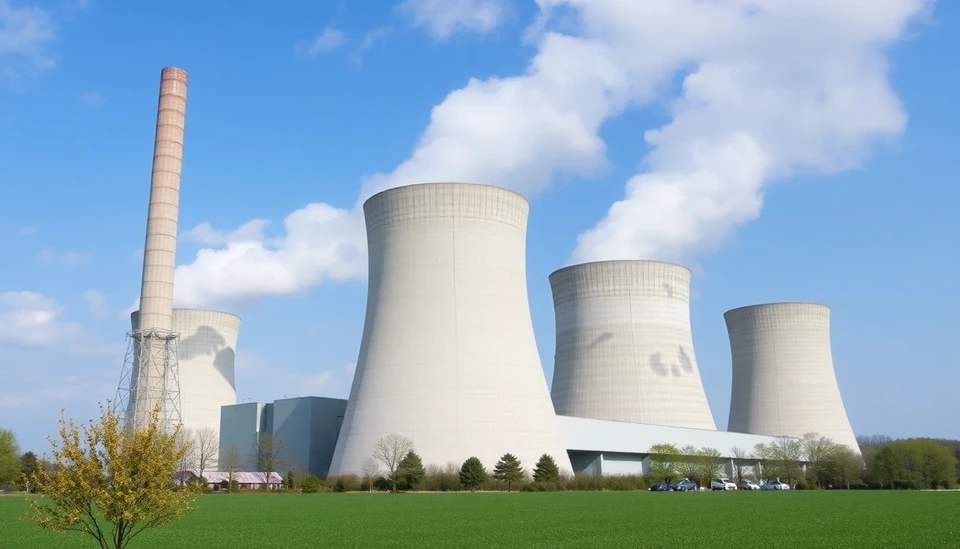
In a decisive move against nuclear energy’s resurgence, Germany's leading energy companies, E.ON and RWE, have publicly dismissed appeals to reconsider nuclear power as a viable option for the nation's energy landscape. This stance emerges amidst intensifying debates surrounding energy security and sustainability in the wake of global energy crises fueled by geopolitical tensions.
The discourse around nuclear energy in Germany has reignited primarily due to concerns over fossil fuel dependency and the pressing need to increase energy independence. However, both E.ON, a dominant player in the utility sector, and RWE, another major energy provider, have asserted that recommitting to nuclear power is neither pragmatically feasible nor aligned with current energy policies.
Germany has been transitioning towards renewable energy sources since the early 2000s, a movement that gained momentum following the Fukushima disaster in 2011, leading to a comprehensive phase-out of nuclear power in the country. The energy landscape has since been characterized by significant investments in wind and solar power, which both companies are keen to further develop.
RWE's CEO, Markus Krebber, emphasized the company's commitment to renewable energy, stating that the focus should remain on sustainable solutions rather than reverting to nuclear. He highlighted that innovation in renewable technologies is where the future lies, asserting that investing in nuclear power would divert necessary resources away from advancing greener alternatives.
Similarly, E.ON’s spokesperson echoed these sentiments, informing that the complexities and long timelines associated with re-establishing nuclear operations are impractical. The company believes that the immediate challenges of energy supply can be effectively addressed through enhancements in renewable infrastructure and energy efficiency measures rather than by going back to nuclear.
Despite the environmental benefits often associated with nuclear energy, both companies remain cautious given the widespread public opposition and lingering concerns over safety and waste disposal. The German populace is largely resolved against nuclear energy, a sentiment that has been echoed repeatedly in opinion polls since the Fukushima accident.
Furthermore, the ongoing urgency of climate action is pushing companies to seek more sustainable and immediate sources of energy. This focus on renewables is viewed not just as a stopgap but as an integral part of Germany's long-term energy strategy and climate commitments for the coming decades.
In conclusion, as Germany navigates its energy future amidst global challenges, both E.ON and RWE seem committed to leading the charge towards a more sustainable energy model, firmly steering away from the nuclear debate. Their rejection of calls for a nuclear revival signals a broader sentiment within the industry that emphasizes the necessity for innovative renewable solutions rather than a retreat to previously abandoned energy sources.
As the energy landscape continues to evolve, the emphasis on renewable energy development remains paramount for the two conglomerates as they work to balance energy demand with environmental responsibility.
#Germany #EnergyTransition #NuclearEnergy #RenewableEnergy #EON #RWE #Sustainability #ClimateAction
Author: John Harris




